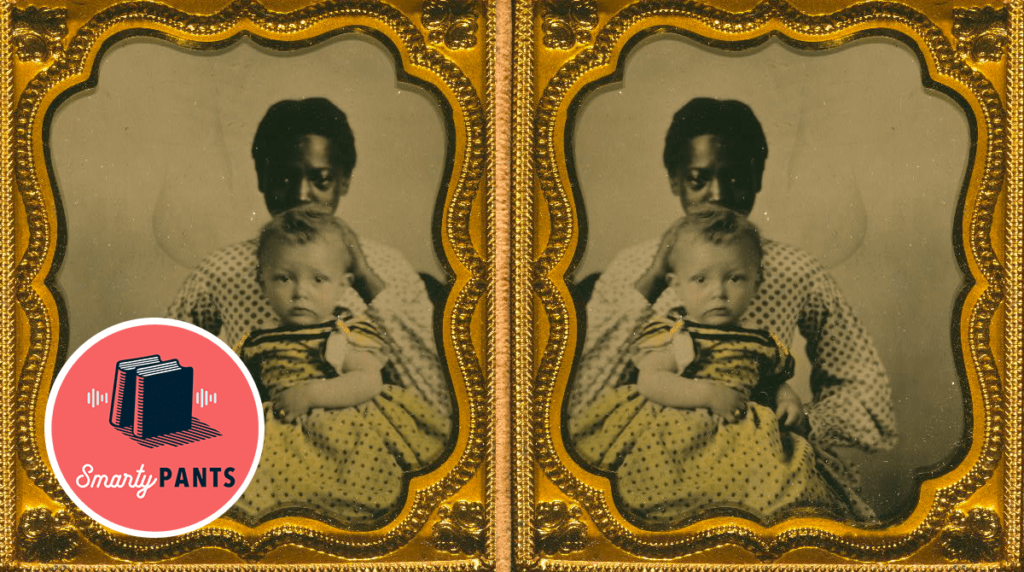The Antebellum Feminine Mystique
Contrary to fables, white female slave owners in the South were just as deeply invested in the institution as their male counterparts

This week on our website, we unlocked an essay that appears in our new Summer issue: “The Patriot Slave,” written by University of Virginia law professor Farah Peterson. In it, she explores the ways in which we’re still haunted by the dangerous myth that African Americans chose not to be free in revolutionary America. Peterson will be joining us for an interview next week to talk about her essay and the recent Black Lives Matter protests. In preparation, let’s revisit this episode from last year, in which the historian Stephanie Jones-Rogers revises another dangerous myth—namely that wealthy white women in the South were separated from the ugly reality of slavery both by their own disenfranchisement and their intrinsic sweet nature. Since women often inherited more slaves than land, they were deeply invested, in a social, moral, and economic sense, in the trade of enslaved people. A white woman could cordon off her property from her husband’s in a prenuptial agreement, preserve her right to manage her own property, and fend off her husband’s debtors in court. She also ensured the continued reproduction of the institution by engaging in the market for wet nurses who were often coerced into serendipitous pregnancies through sexual violence, and whose breast milk was then used to nurse white children. How does the power of women slave owners change our understanding of the relationship among gender, slavery, and capitalism in the 19th century? Why were these relationships obscured for so long?
Go beyond the episode:
- Stephanie E. Jones-Rogers’s They Were Her Property: White Women as Slave Owners in the American South
- Read Farah Peterson’s essay, “The Patriot Slave” about the dangerous myth that blacks in bondage chose not to be free in revolutionary America
- Read the interviews with formerly enslaved people collected by the WPA, in the Library of Congress’s thorough online archive
- And explore the complicated relationship that historians have had with these testimonies
Tune in every week to catch interviews with the liveliest voices from literature, the arts, sciences, history, and public affairs; reports on cutting-edge works in progress; long-form narratives; and compelling excerpts from new books. Hosted by Stephanie Bastek. Follow us on Twitter @TheAmScho or on Facebook.
Subscribe: iTunes • Feedburner • Stitcher • Google Play • Acast
Download the audio here (right click to “save link as …”)
Have suggestions for projects you’d like us to catch up on, or writers you want to hear from? Send us a note: podcast [at] theamericanscholar [dot] org. And rate us on iTunes! Our theme music was composed by Nathan Prillaman.


